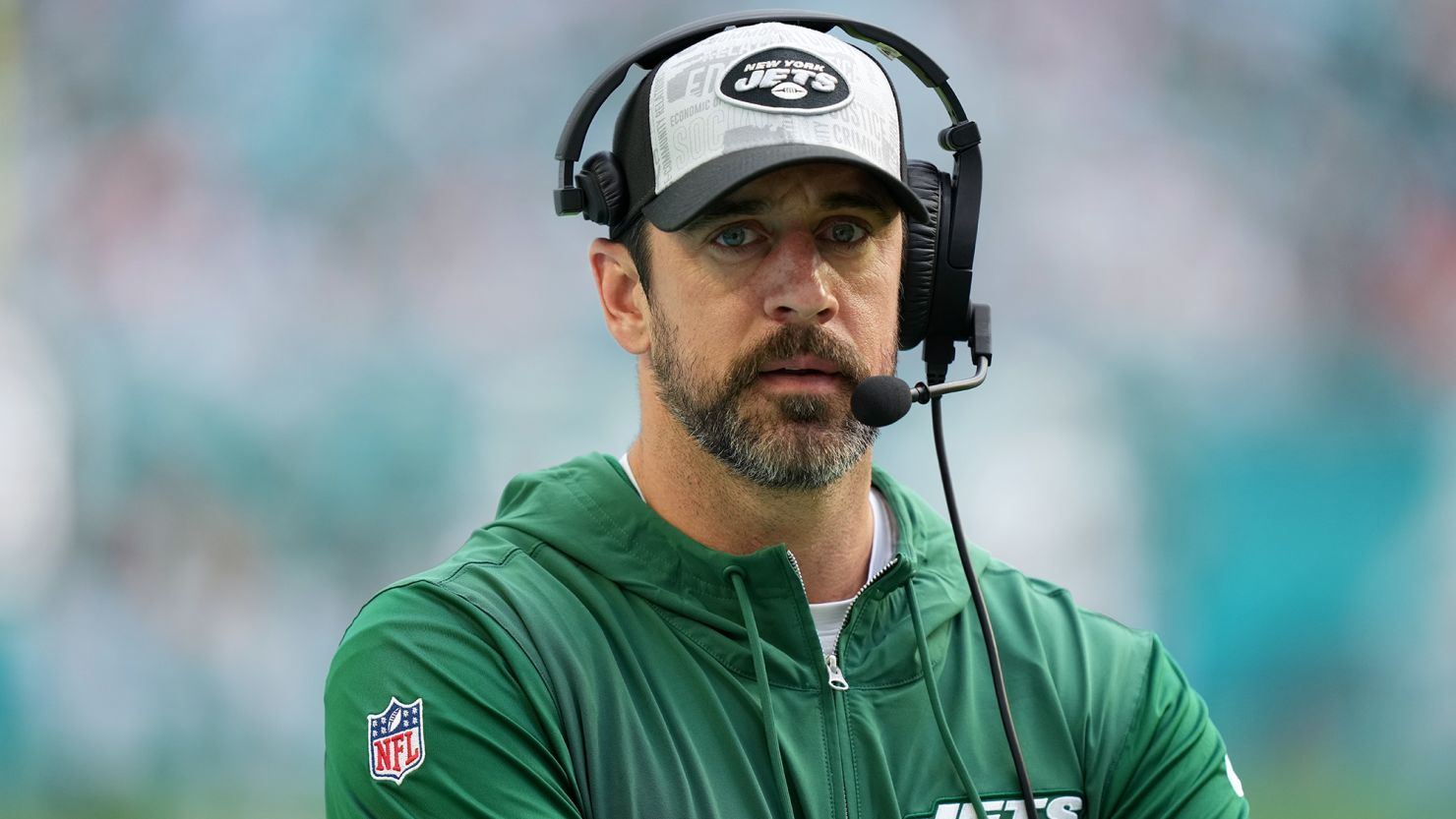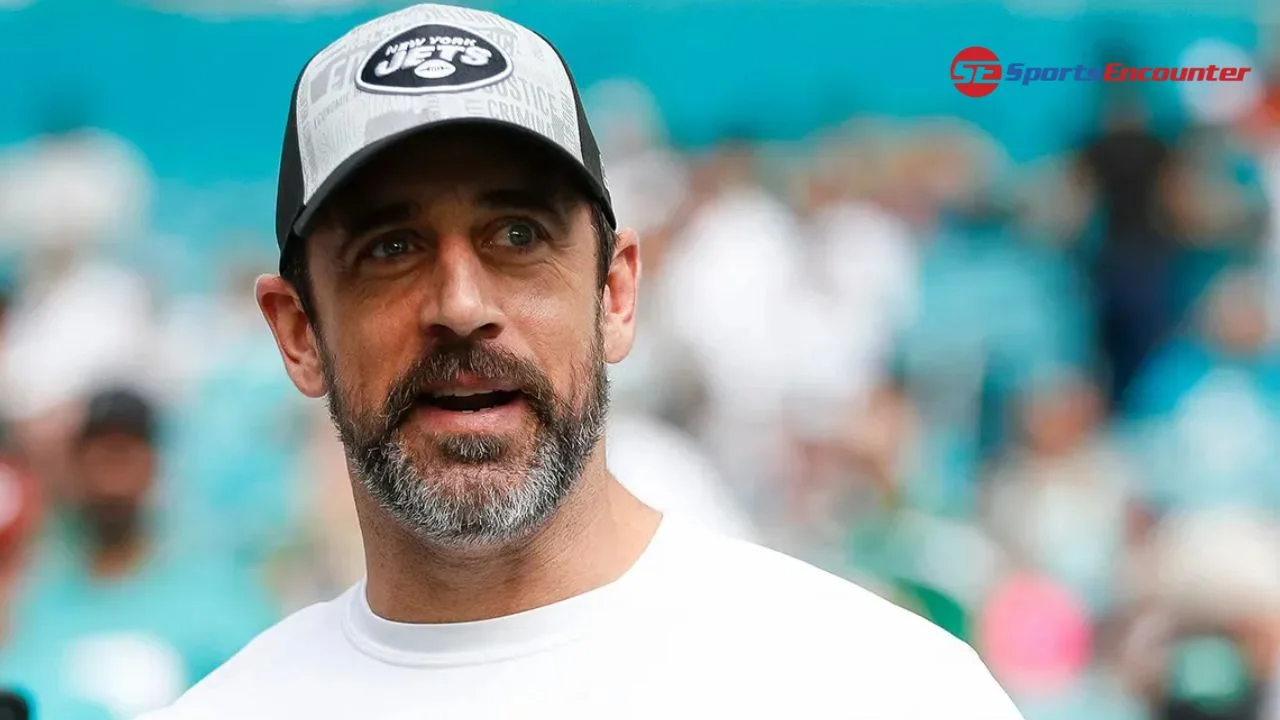Aaron Rodgers, the NFL star known for his bold statements both on and off the field, has once again stirred controversy. This time, his remarks concern the sensitive topic of HIV’s origins. Aaron Rodgers’ speculative comments were made during an appearance on Eddie Bravo’s podcast “Look Into It,” where he suggested that the emergence of HIV was part of a planned pandemic from the 1980s—a conspiracy theory that has caused a significant backlash from the scientific community.

Geneticist Ian Copeland Rebukes Aaron Rodgers’ Statements
Renowned geneticist Ian Copeland was quick to challenge Aaron Rodgers‘ assertions. Taking to the social platform X (formerly known as Twitter), Copeland expressed his disbelief and frustration at the NFL quarterback’s comments. “Quick question bud, @AaronRodgers12, did you get all of this knowledge pertaining to the origin of HIV from your honorary doctorate?

I’m just asking, because you literally have no clue what you are talking about,” Copeland tweeted. He added, “I guarantee you, if I was able to have a conversation with you, your inability to show competence in the realm of microbiology would be laid bare. I’d call you a joke, but there is nothing funny about this level of ignorance.”
The Broader Reaction to Rodgers’ Theory
This isn’t the first time Aaron Rodgers’ penchant for conspiracy theories has landed him in hot water. His comments have previously been the subject of critique by late-night show host Jimmy Kimmel, who has lampooned Aaron Rodgers for his unconventional beliefs. Furthermore, Rodgers’ latest theory echoes misinformation tactics that an ex-CIA agent linked to old Soviet propaganda, highlighting the dangerous potential of such narratives to misinform the public.

The Impact of Celebrity Commentary on Public Health
Aaron Rodgers’ statements bring to light a larger issue: the influence celebrities can wield on public health discourse. With a platform as powerful as his, the repercussions of spreading unverified theories can be extensive, especially concerning a virus that has affected millions worldwide. The incident prompts a crucial discussion about the responsibility public figures hold in ensuring their contributions to public dialogues are informed and constructive, rather than perpetuating myths that can harm public understanding and response.
So cool that the NFL effectively blacklisted Colin Kaepernick for his racial justice stances. But Aaron Rodgers can spout reckless conspiracies about HIV, Sandy Hook, etc, and continue to be one of the highest-paid players in the league. https://t.co/qioO2yqyfw
— Ravi Mangla (@ravi_mangla) April 17, 2024
Conclusion: Navigating the Intersection of Fame and Science
As Aaron Rodgers faces backlash from experts like Ian Copeland, the situation underscores the delicate balance public figures must maintain when discussing topics outside their expertise. While celebrities like Aaron Rodgers are entitled to their opinions, the dissemination of theories that contradict established scientific understanding requires cautious handling. This incident not only reflects on Rodgers’ personal beliefs but also on the broader challenge of celebrity influence in shaping public perceptions on critical health issues.

